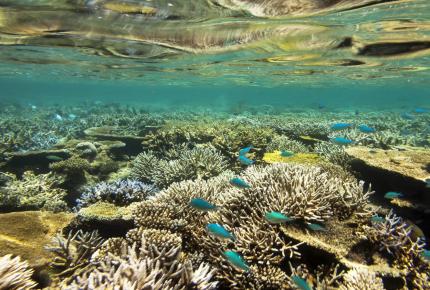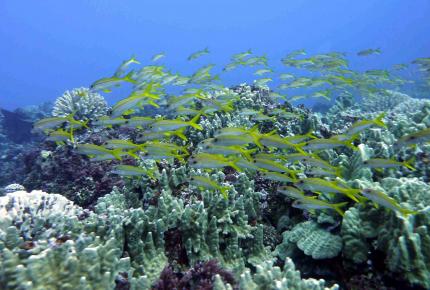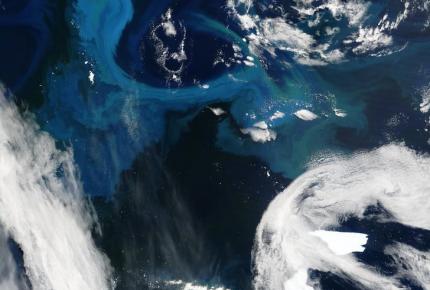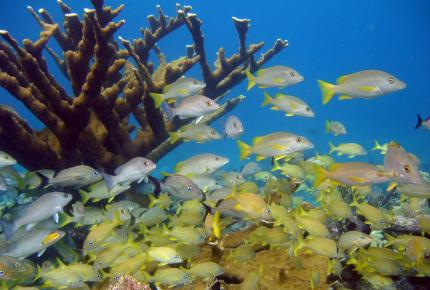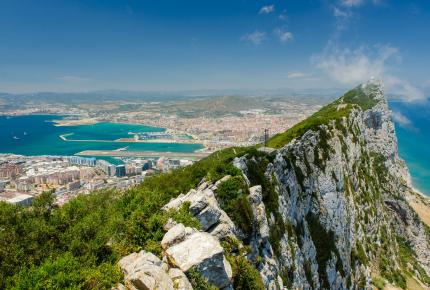The UK Overseas Territories (UKOTs) constitute a small land area with large marine provinces, which collectively represent the 5th largest marine estate in the world. Extending from the polar ocean to tropical seas, they reflect a highly diverse range of environments and people.
Focusing on six key regions (Polar, Pacific, South Atlantic, Mediterranean, Caribbean and Mid-Atlantic, and Indian Ocean), more than 60 leading experts from all 14 UKOTs prioritised and highlighted their most important ecological and societal climate challenges.
A summary of the priority issues identified across all six regions is available in this infographic.
MCCIP appointed regional co-ordinators to engage with scientists, and representatives for their UKOTs. At regional workshops, a ‘long list’ of climate-change impacts on biodiversity and society were assessed and ranked, based on the proximity (urgency) and magnitude (severity) of each impact. A set of priority climate-change issues were identified for each of the six regions, written up as independently peer-reviewed reports, and summarised online. An infographic provides a snapshot of priority climate change issues identified across all regions.
This work was delivered by a dedicated working group including the Department for Environment, Food and Rural Affairs who funded this work, the Marine Biological Association of the United Kingdom (chair), Centre for Environment, Fisheries and Aquaculture Science, the United Kingdom Overseas Territory Association, Foreign Commonwealth and Development Office, Joint Nature Conservation Committee, Marine Management Organisation, and Great British Oceans. This group collaborated with over 60 leading experts from across the UKOTs who produced the regional review papers.
A full list of contributors is provided here and image credits are also available.
.
